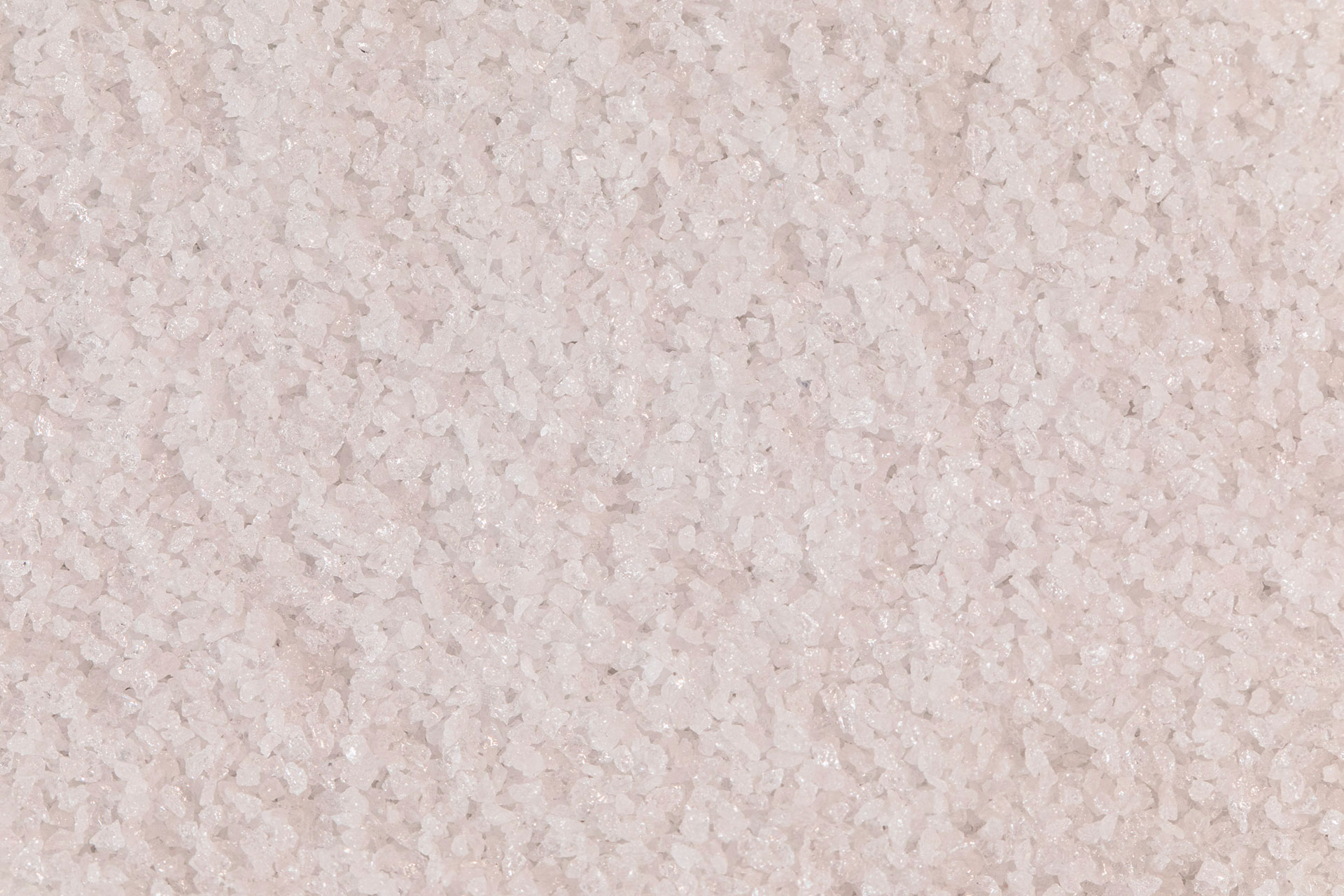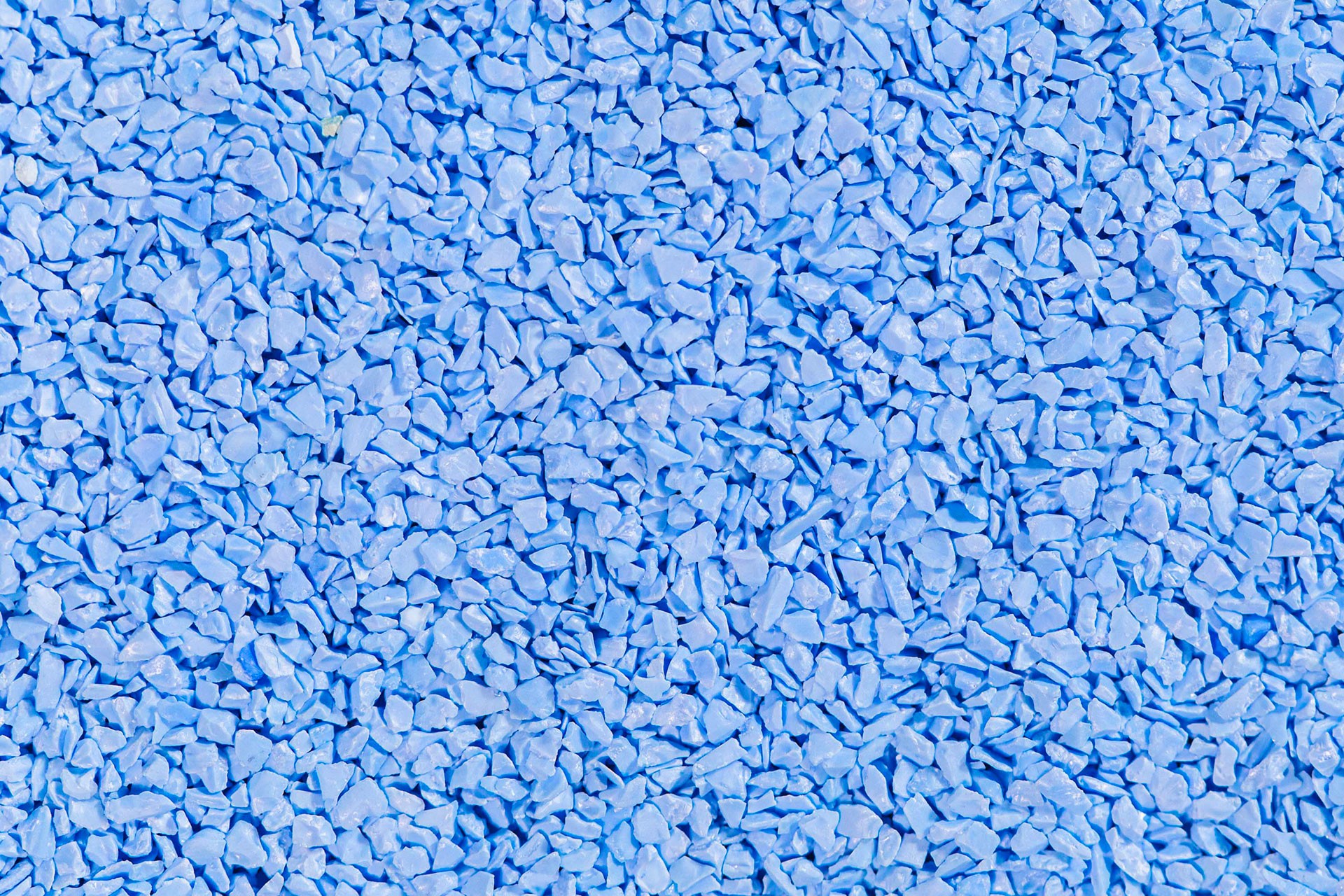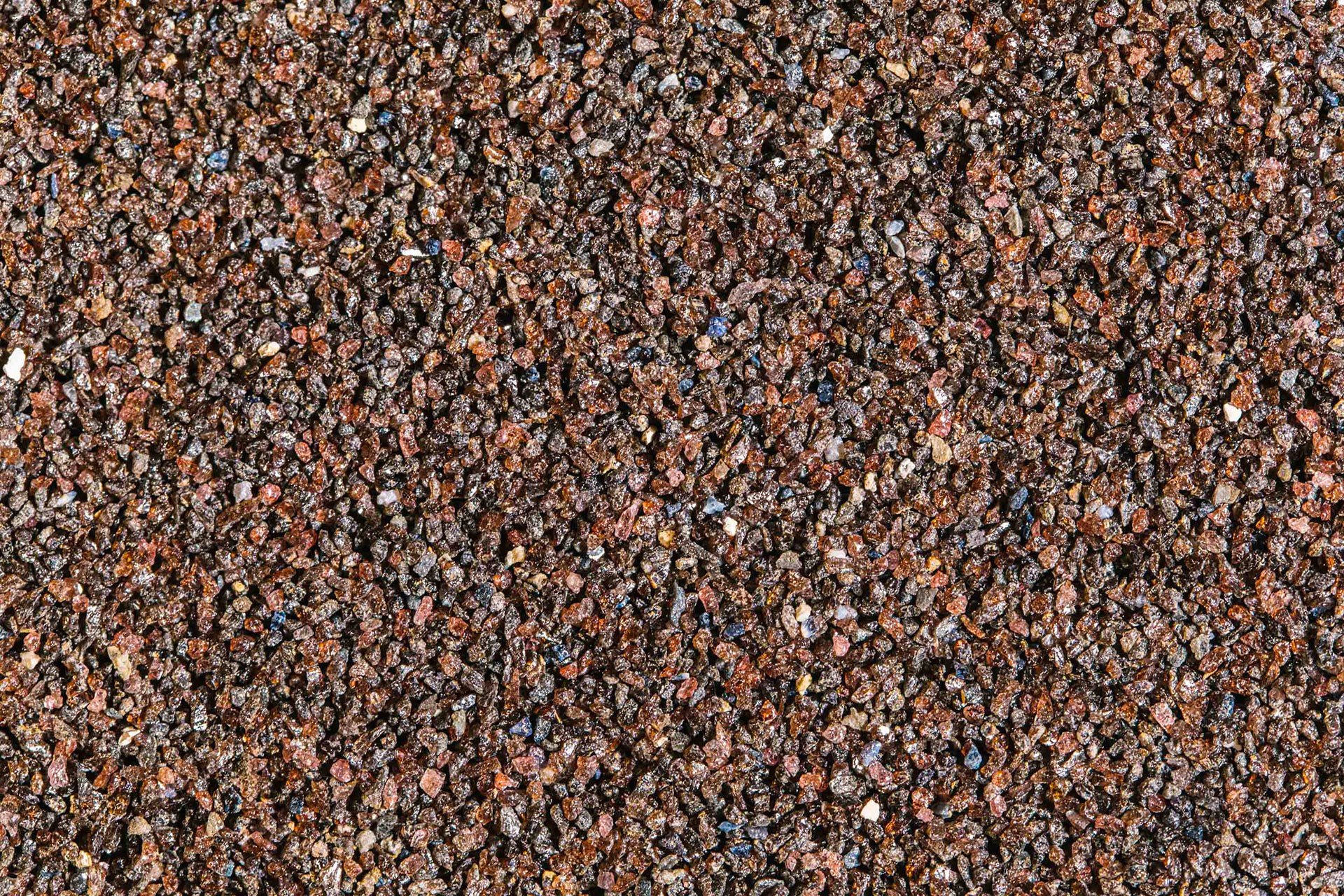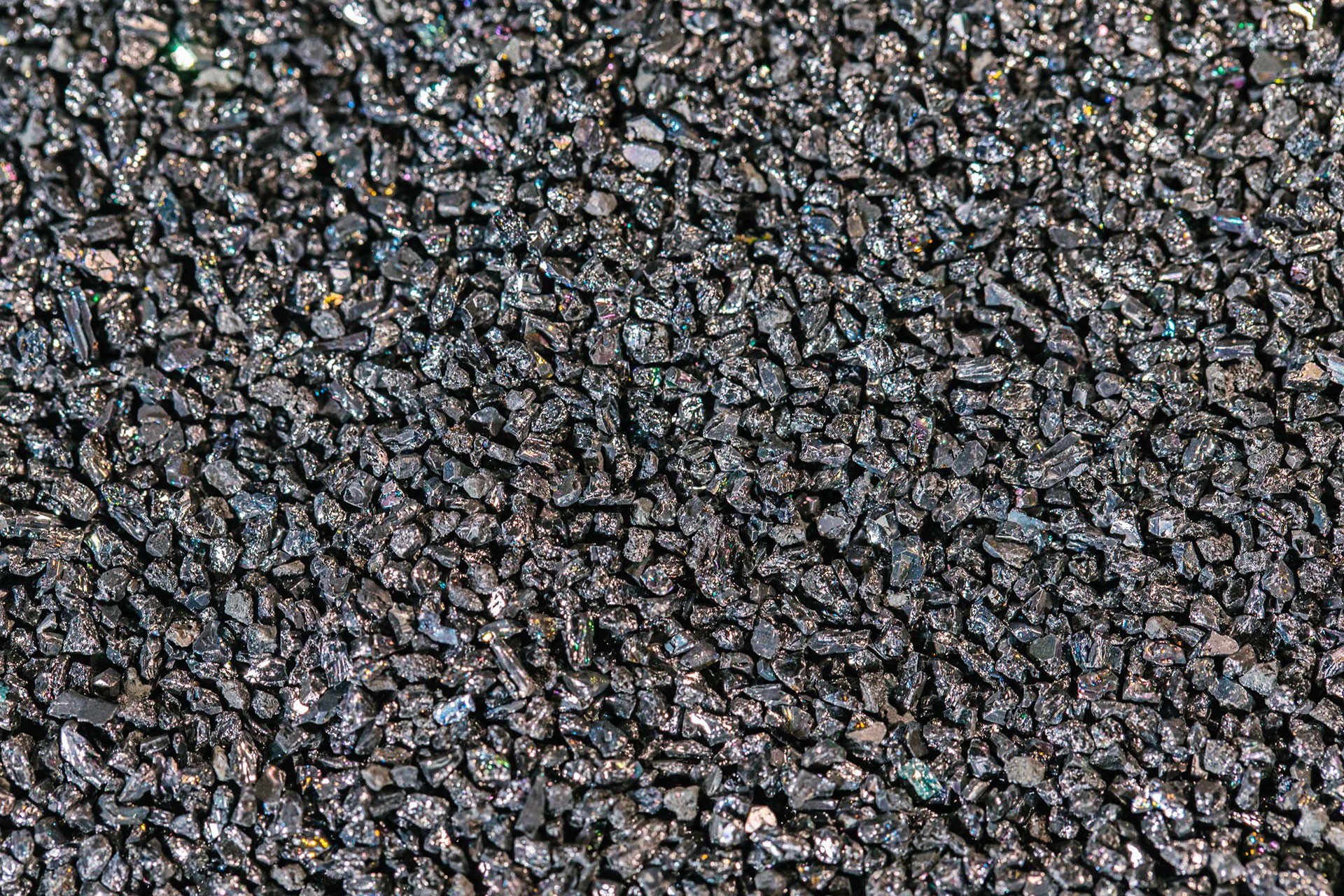At 99,5% Al2O3, it is among the most common abrasives for grinding steels with medium hardness, up to about 58 HRC.
It is very friable and thus allows good regeneration of the grinding wheel.

At 99,5% Al2O3, it is among the most common abrasives for grinding steels with medium hardness, up to about 58 HRC.
It is very friable and thus allows good regeneration of the grinding wheel.
It contains 2% chromium oxide, a feature that makes it suitable for grinding harder steels, up to about 60 HRC.


It is slightly harder than white corundum, while maintaining a good cutting capacity. Recommended to improve the strength of the grinding wheel profile.
This is a microcrystalline structure ceramic corundum, obtained synthetically and composed of minute crystals. Grinding wheels made from this material allow grinding performance to be significantly improved, both in terms of removal speed and tool life.


At 96% Al2O3, it maintains its red-brown color if the grinding wheel is fired at a low temperature and turns gray if the temperature reaches 1200 °C. It is used for rough processing, such as deburring steels that are not too hard.
All the abrasives mentioned so far are obtained through crushing, whereas monocrystalline corundum already crystallizes in the final grain size. The result is a crystal with less internal stress, which gives the grinding wheel greater cutting capacity and durability, allowing it to grind even steels up to 60 HRC.


99% silicon carbide is a very sharp yet very friable abrasive. It is suitable for grinding very hard materials, such as glass and hard metal, but it can also be used for working on non-ferrous materials such as aluminum, rubber, bronze, plastics, etc.
97,5% silicon carbide is an abrasive with the same features as green silicon carbide but harder and less friable. It is usually used for deburring non-ferrous materials.
